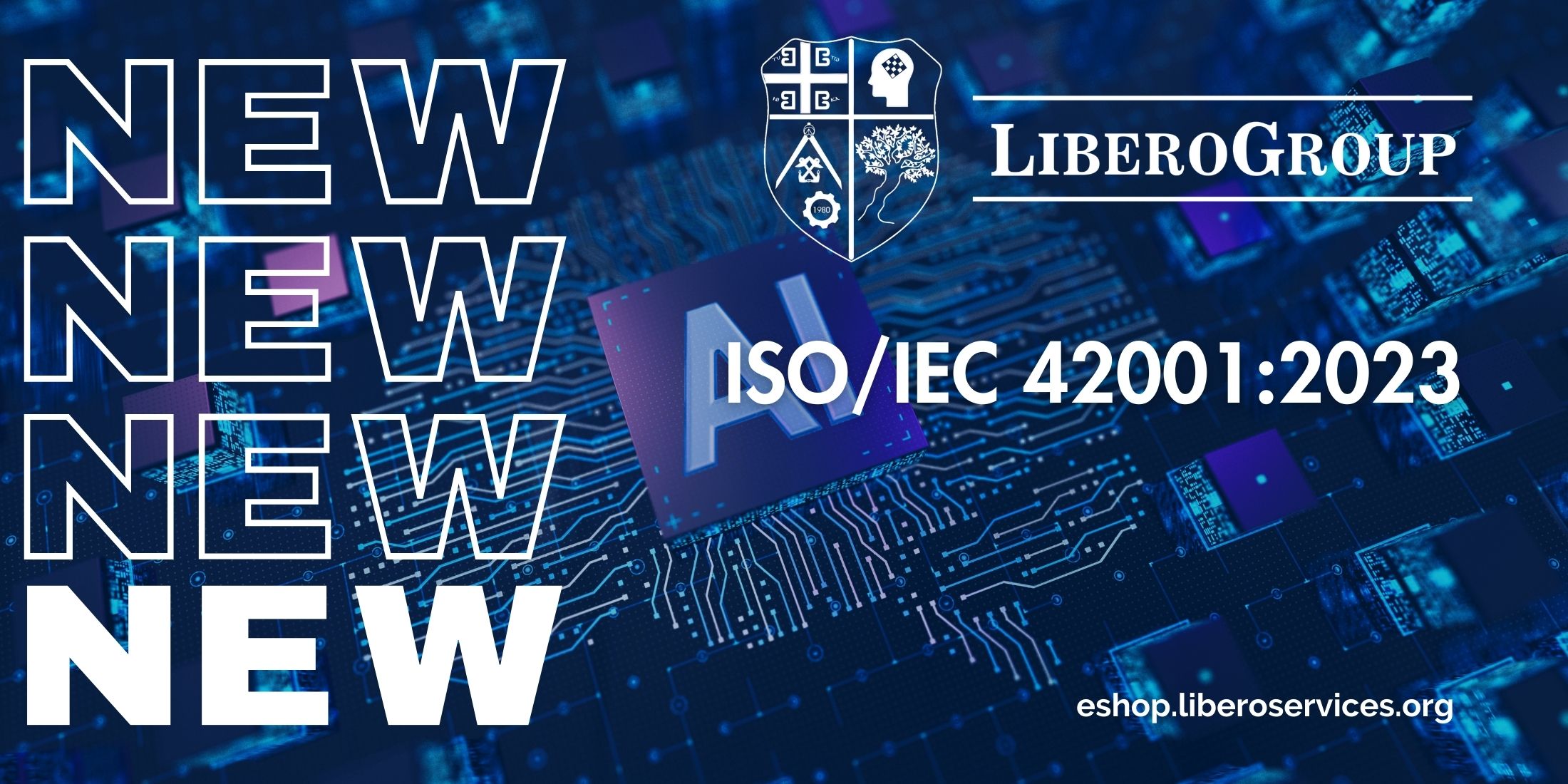This course has been designed by Navigational Audit experts to meet with the criteria of the IMO Guidelines TMSA, SIRE and OCIMF guidance, but it has also been developed with much practical knowledge including proposed checklists that surround the role of Navigation Auditor.
The aim of the course is to provide knowledge, understanding and proficiency necessary to understand how to perform Navigation Audit and the auditors to understand their responsibilities and roles of this important task in respect to full compliance with the applicable regulatory regime.
Become proficient in Navigation Audits by participating this course offered by LiberoAssurance.
This course involves all the information necessary for you to achieve a detailed understanding of Navigation Audits and is divided into the following sections:
- Navigation Audit course training
- Exams & Certification: Receive your “Navigation Audit course” Certificate upon successful exam completion.

